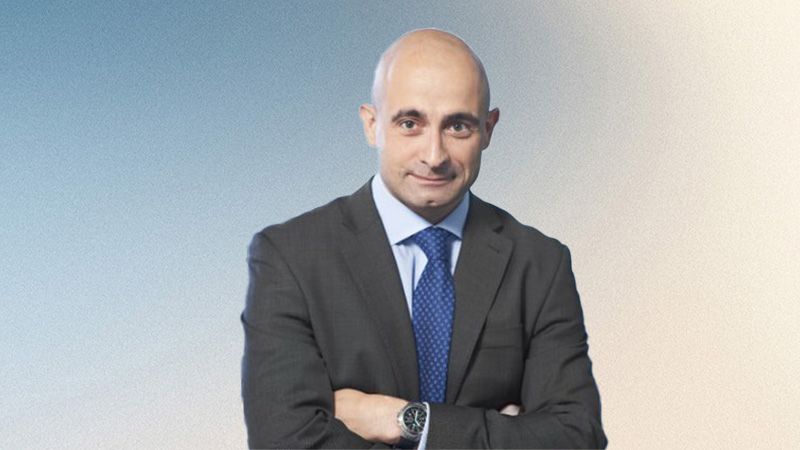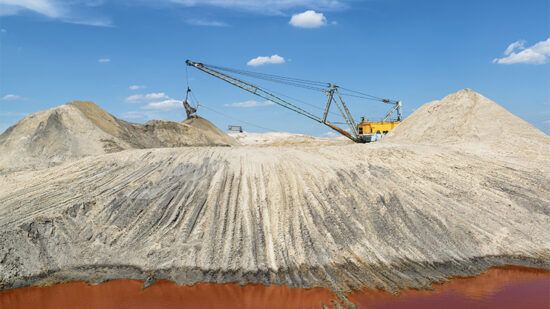Sustainable investing stands at a critical inflexion point, facing a perfect storm that threatens to undermine its very foundations – precisely when the world needs it most.
The irony is striking: just as sustainable investing faces unprecedented scrutiny, we’re witnessing a dangerous erosion of due diligence standards across the investment landscape. The recent backlash against ESG frameworks isn’t merely a political skirmish; it’s a wake-up call for an industry that has too often prioritised marketing over substance.
Growing complacency in due diligence
The investment community has become complacent. Asset managers present their “sustainable” strategies in pitch meetings, armed with impressive-looking ESG scores and glossy impact reports. However, when pressed on their actual due diligence processes, the responses are often alarmingly superficial. The FTX debacle serves as a sobering reminder of what happens when even sophisticated investors surrender to compelling narratives without proper verification.
The Wirecard scandal particularly resonates in the sustainability space. Here was a company that maintained positive sustainability ratings until its fraudulent practices were exposed. How many “sustainable” companies in today’s portfolios might be similarly masking fundamental issues beneath a veneer of ESG compliance?
Industry pressures and challenges
The pressures driving this decline in analytical rigour are clear. Asset managers face relentless pressure to deploy capital quickly while adhering to ever-stricter sustainability regulations. Fund managers increasingly report shortened due diligence timeframes and over-reliance on third-party ESG ratings. This “tick-box” approach to sustainability assessment is a recipe for disaster.
The information age has paradoxically made thorough analysis more challenging. The investment industry hasn’t been immune to shortening attention spans. Complex sustainability challenges are reduced to oversimplified metrics, while nuanced environmental and social impact assessment takes a back seat to headline-grabbing data points. Consider a recent “sustainable” fund that based its entire climate strategy on a single carbon emissions metric, ignoring crucial factors like biodiversity impact and adaptation strategies.
Signs of progress
But there’s hope. Some asset managers are bucking this troubling trend, demonstrating that rigorous sustainability research isn’t just about risk management – it’s a crucial differentiator. These leaders are building dedicated sustainability research teams, developing proprietary impact assessment frameworks, and most importantly, fostering a culture that values thorough analysis over quick wins.
Technology has a vital role to play, but not as a shortcut. The most impressive managers use advanced analytics and AI to enhance, not replace, human judgement. They’re combining traditional financial analysis with sophisticated environmental and social impact assessment, creating a more holistic picture of investment opportunities.
Evolution of due diligence
The due diligence process itself must evolve. Where once a quarterly ESG report might have sufficed, thorough assessment now demands granular evidence of sustainability research capabilities. Fund evaluators need to see how managers handle conflicts between financial and impact objectives, requiring proof that their sustainability claims are more than marketing spin.
The regulatory landscape is evolving rapidly, with authorities worldwide increasing scrutiny of sustainable investment claims. The recent FCA crackdown on greenwashing is just the beginning. Asset managers who invest now in building robust, unbiased sustainability research capabilities will be better positioned to navigate this new environment.
The way forward
The path forward requires a fundamental reset in how the industry approaches due diligence in sustainable investing. A more nuanced, thoughtful approach that acknowledges the complexity of sustainability challenges is essential. This means moving beyond simplified ESG scores to develop more sophisticated impact measurement frameworks.
Client education is crucial. Investors must understand that meaningful sustainability assessment takes time and resources. The days of instant verification are over – and that’s a good thing. True impact investing requires patience, expertise, and a commitment to thorough research.
Conclusion
For the broader investment community, this is a moment of truth. The industry can continue down the path of superficial analysis and quick-fire decisions or recommit to the principles of thorough due diligence. The stakes are particularly high in sustainable investing, where decisions impact not just financial returns but also the future of our planet and societies.
Despite current challenges, optimism remains justified. However, this optimism is conditional on the industry’s willingness to embrace higher standards of due diligence and impact verification. The current challenges facing sustainable investing aren’t just threats – they’re opportunities to demonstrate a commitment to genuine impact through unassailable research and demonstrable outcomes.
The future of sustainable investing depends not on defending the status quo, but on proving its worth through rigorous analysis and verified impact. It’s time to raise the bar.








